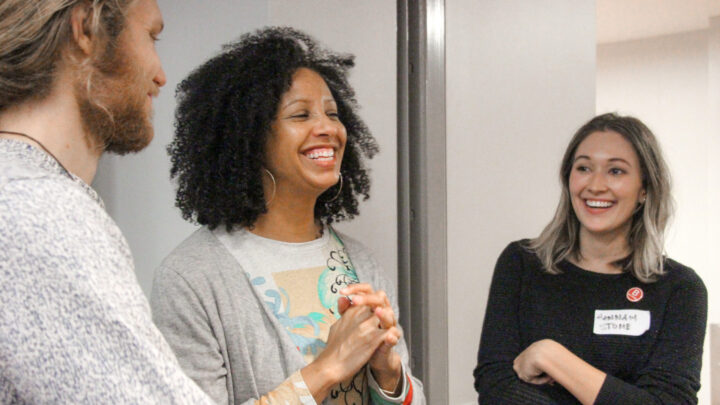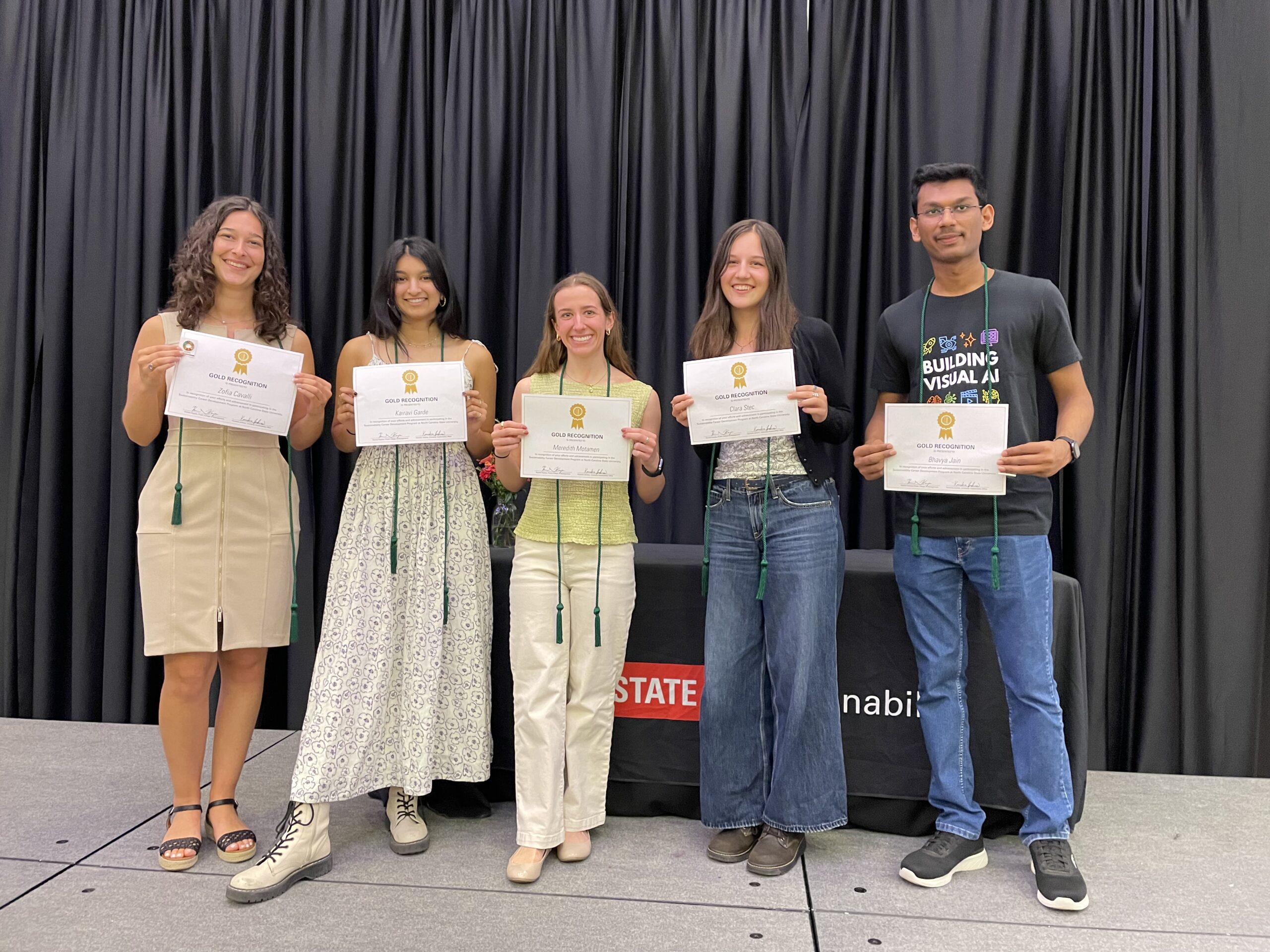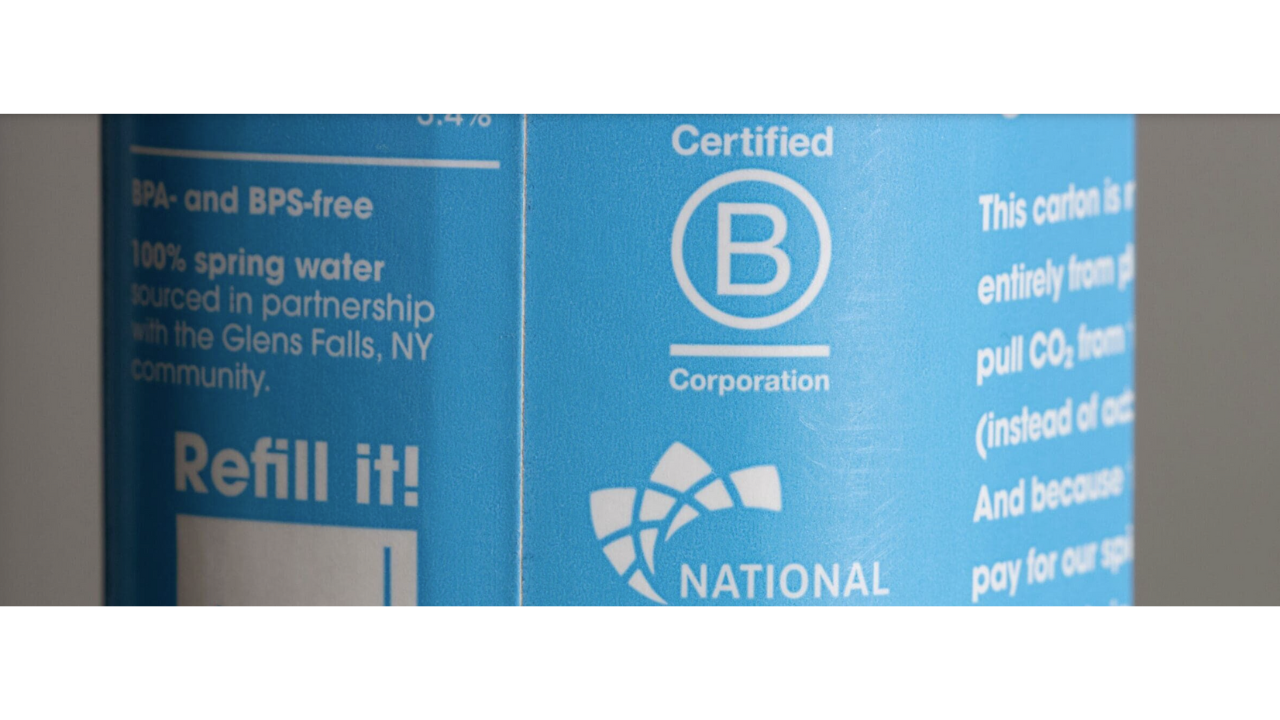When Business Sustainability Education Leads to a Career of Social Impact

by Badri Yashwant Kuram, Recent Jenkins MBA Graduate
Although I was familiar with businesses taking the path towards sustainability, in the past I believed that it was mainly to meet regulations set by the government or certifying organizations like the ISO. In the last couple of decades, I read business articles about businesses partnering with social organizations or certain individuals setting up charitable foundations to drive change in chosen areas. I became much more familiar with the impact businesses can have through the B Corp Clinic.
I was introduced to the B Corp movement through Professor Jessica Yinka Thomas when I took the MBA 582 – Sustainability and Business course. Throughout this class, we had the opportunity to interact and attend guest lectures from the senior management of businesses pursuing sustainability related goals. We explored several important topics including creating KPIs, the role of monitoring and accounting, understanding stakeholder, stakeholder motivations and the role of a change agent. What we learned in the class could be seamlessly applied in the associated B Corp Clinic practicum where we would guide client businesses on their journey to obtain B Corp certification.
In the B Corp practicum, I worked for a year with two client organizations – Recover Brands (manufacturer of apparel from waste plastic) and GetSpiffy (tech startup focused on automotive services). The process of obtaining a B Corp certification helps businesses realize their shortcomings. The client organizations make use of collated knowledge and expert guidance from Professor Thomas and other B Corp certified business owners/mentors. The students bring their out of the box thinking and also create solutions like ready to use templates, dashboards, roadmaps etc. This certification process focuses on all the stakeholders within a business (Customers, Environment, Governance, Workers and Community) and measures impact on each. B Corp certification needs to be renewed periodically which ensures that companies are constantly trying to improve themselves and better their scores.
I gained a tremendous amount of knowledge from this experience, learning important tools, measurement techniques/metrics and documenting the B Corp journey for a business. While the clinic is restricted to NC State students in the Fall semester, it is open to other schools within North Carolina in the Spring semester. All the participants of the B Corp movement are like a family, cheering and welcoming others to participate. Students greatly benefit from opportunities to network with other schools, local businesses and also interact with leadership from sustainable businesses. Particularly, while leading the student team for GetSpiffy, I was able to hone my leadership and team management skills.
Through my business sustainability and B Corp education I realized that each business organization is unique like an individual. I would recommend participants to go with an open mind and make the most of this learning opportunity. Make use of your experiences, available resources and talk with people associated with the B Corp movement. This experience helped land my first job with Colaberry where one of my tasks is leading the initiative in the organization towards B Corp certification. In post-COVID times, I believe that businesses and individuals must come together to build equitable and truthful sustainable relationships, and address the trust-deficit in the eyes of stakeholders. B Corp certification is the most likely path that many organizations are likely to take to address this need in future.
- Categories:


